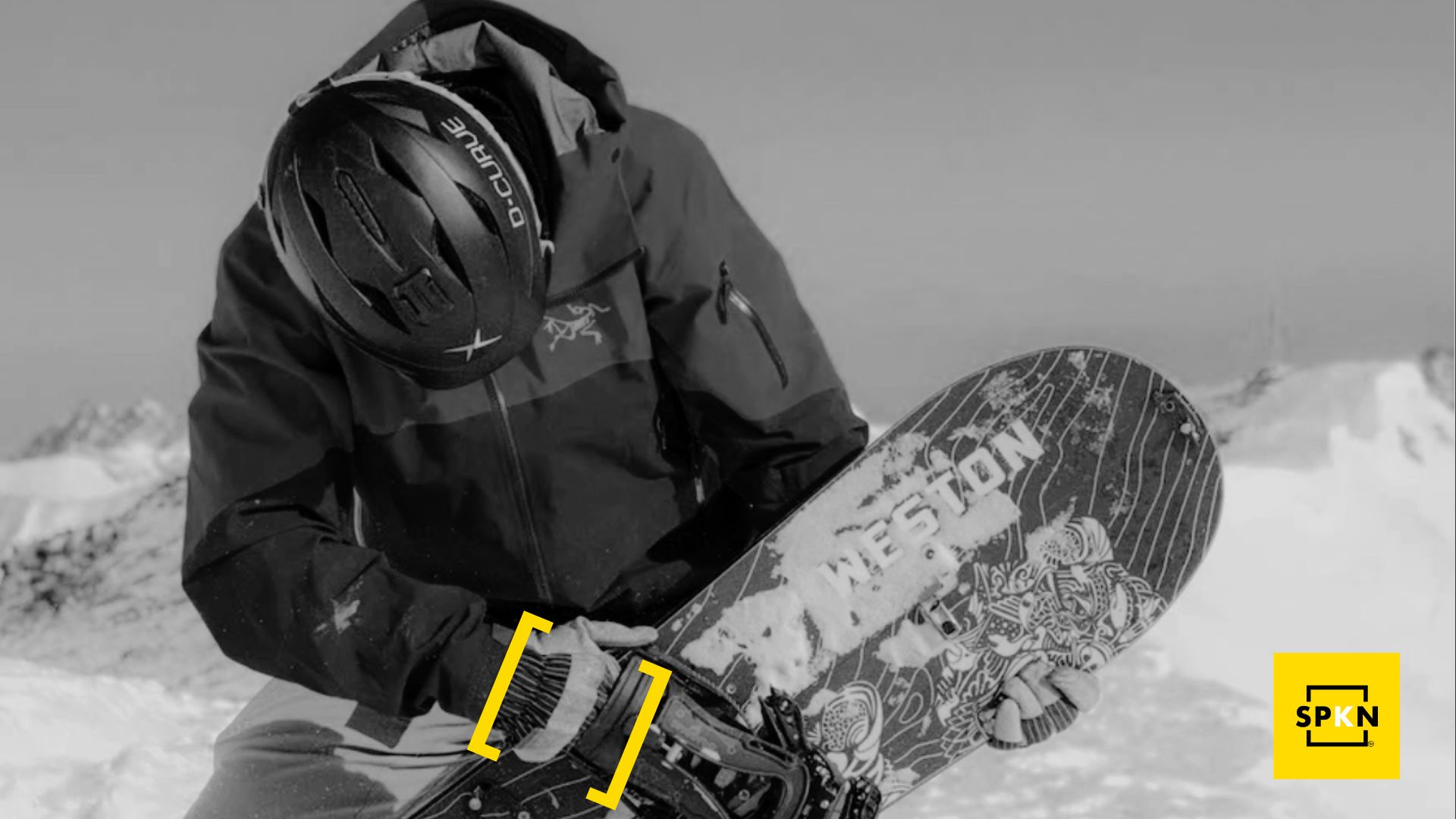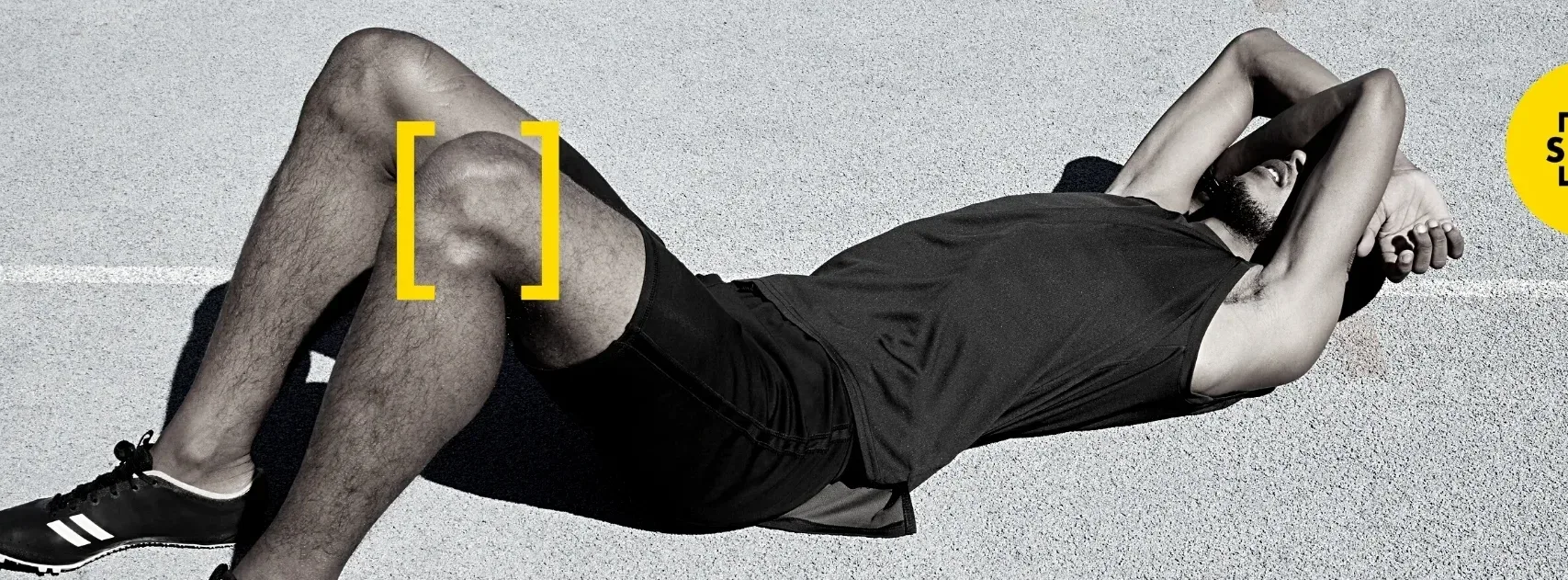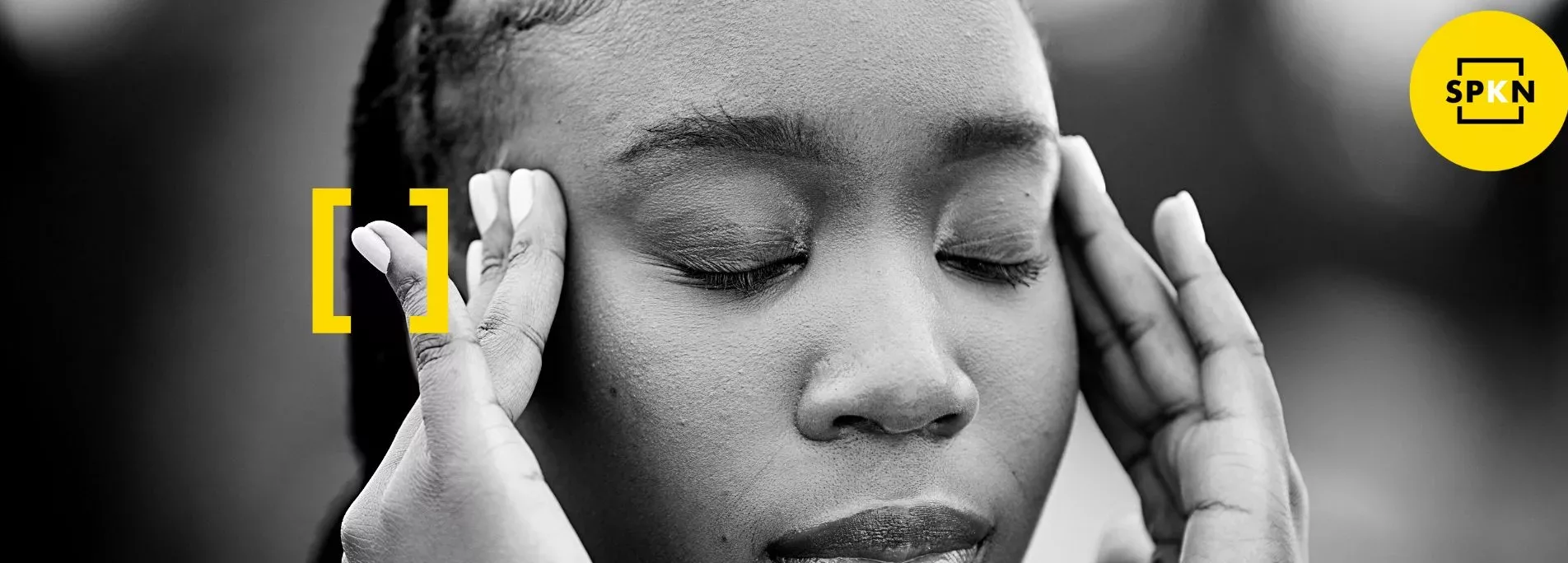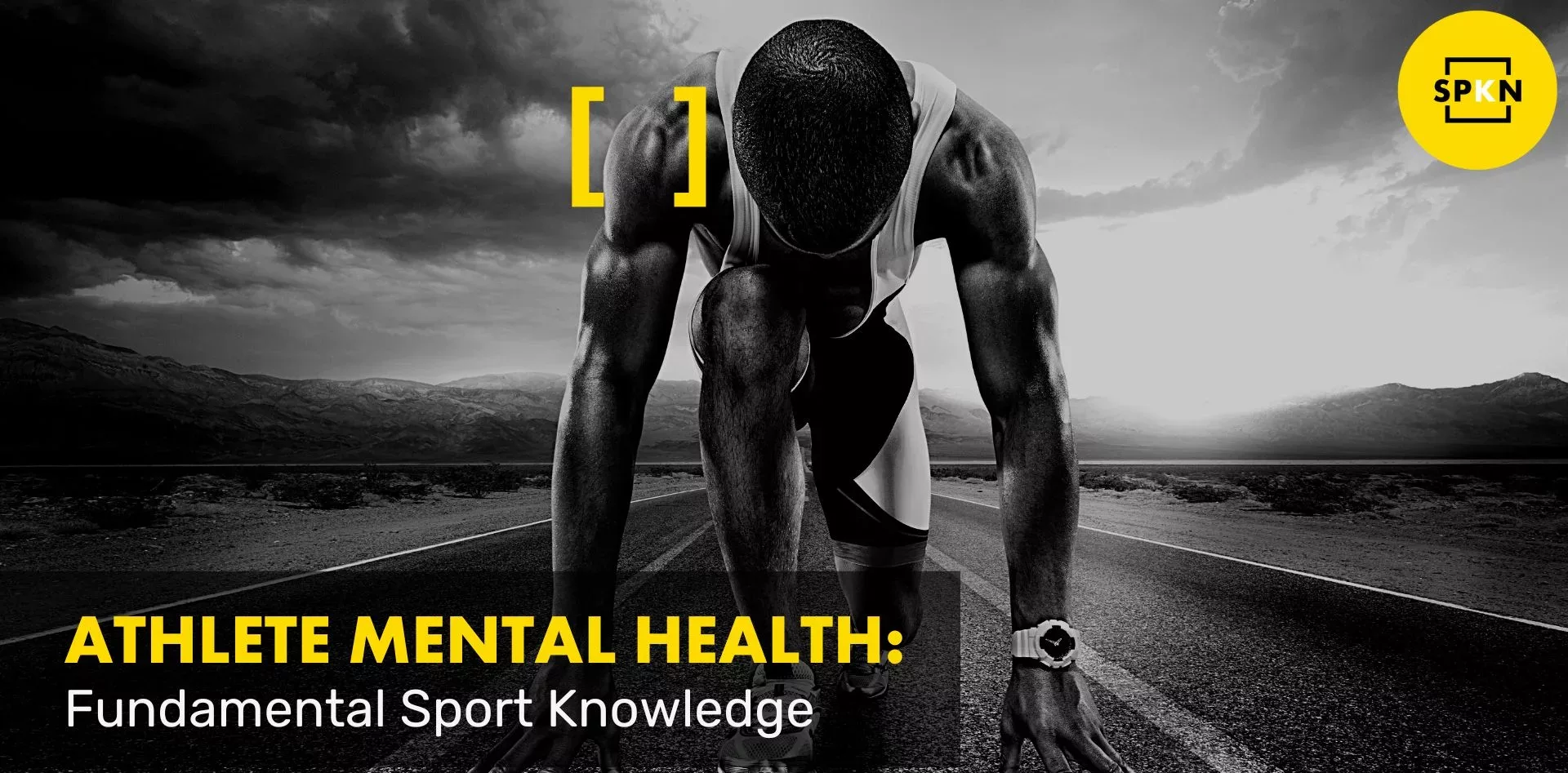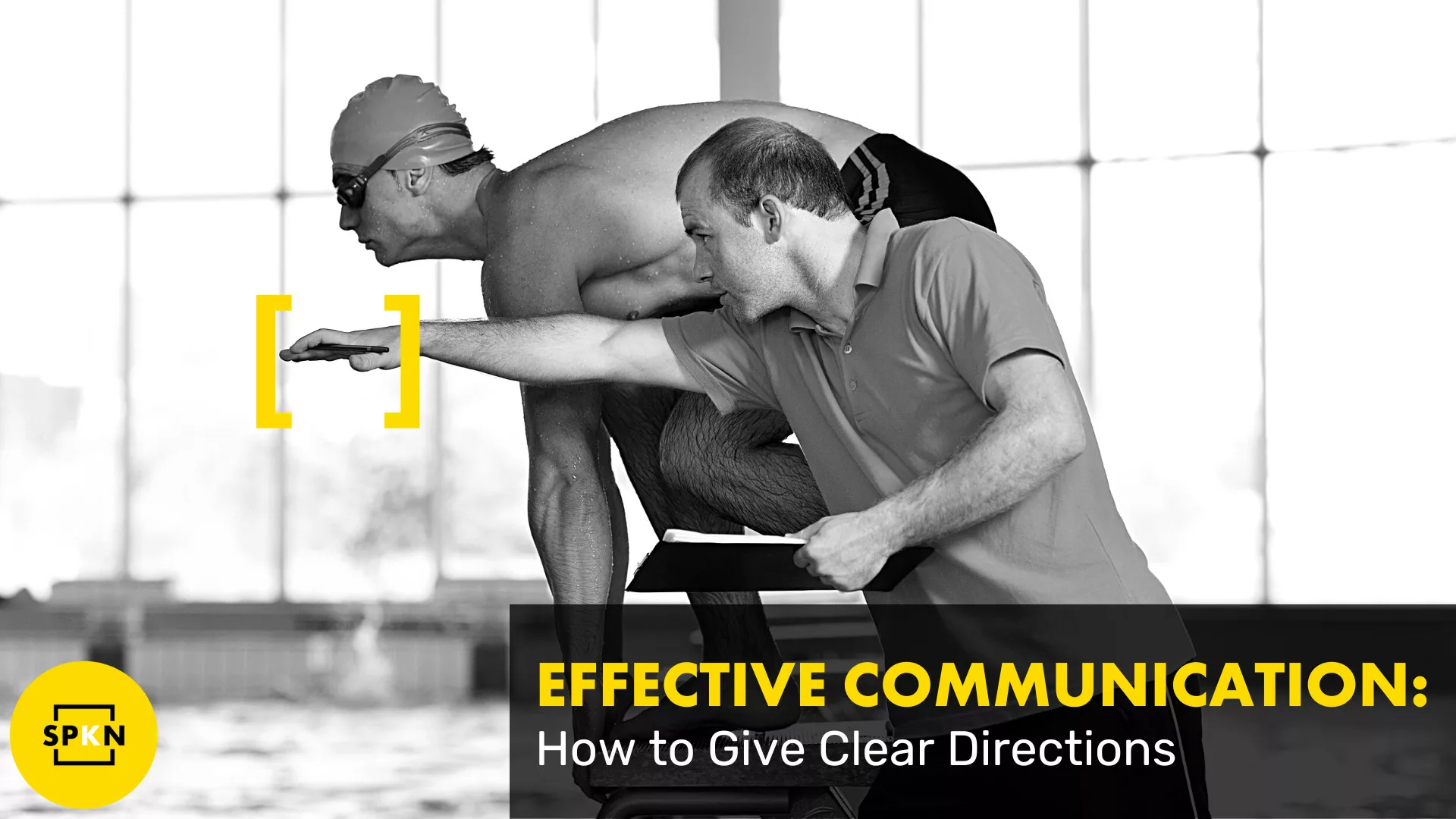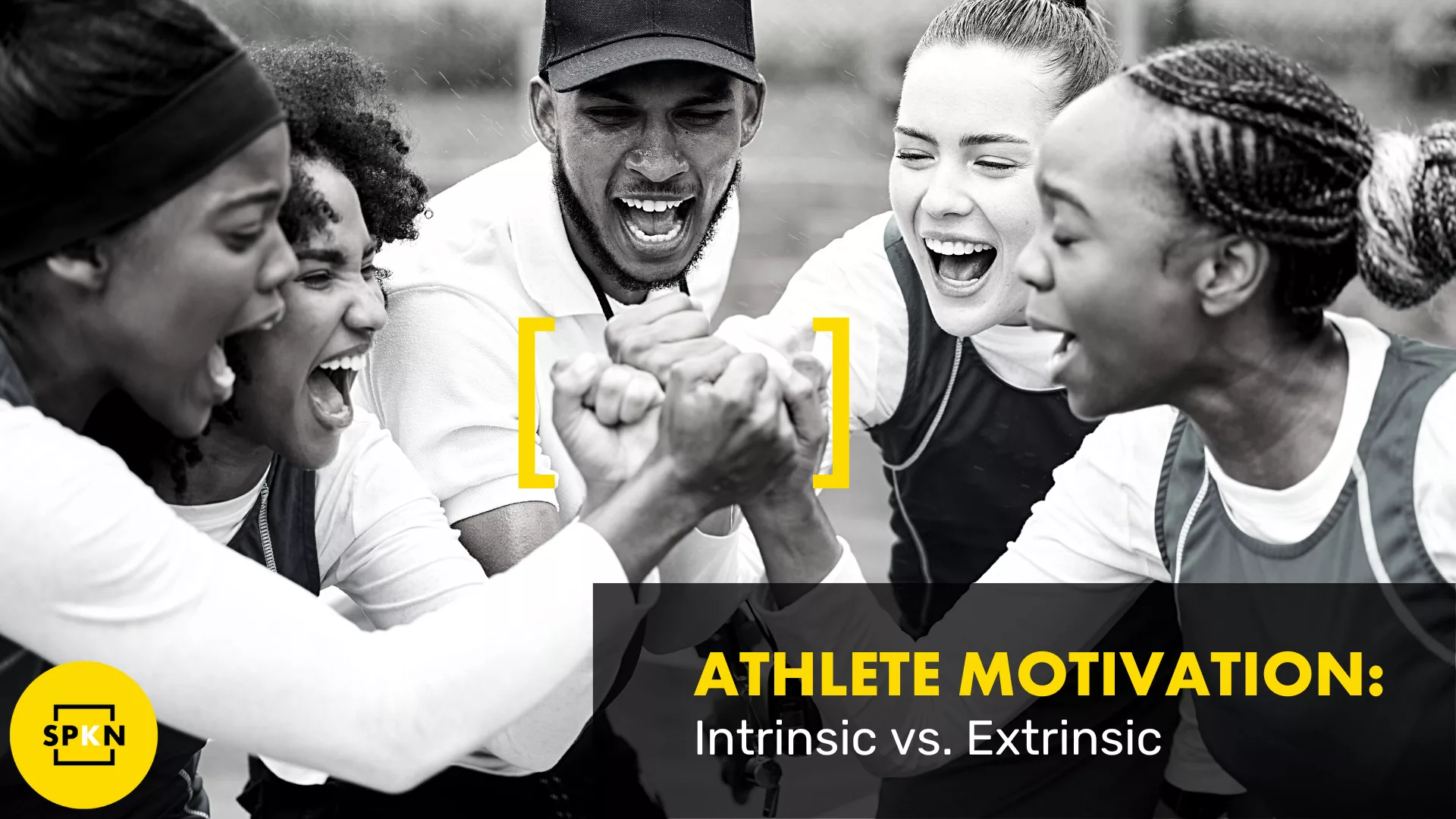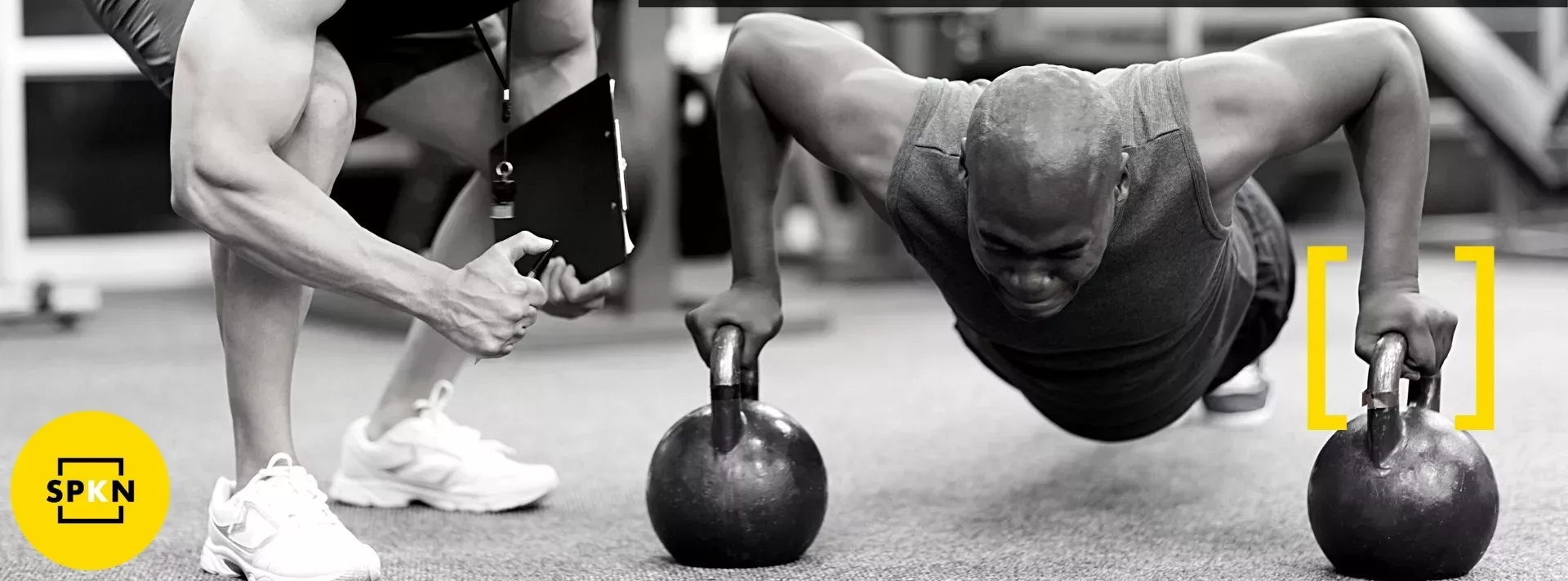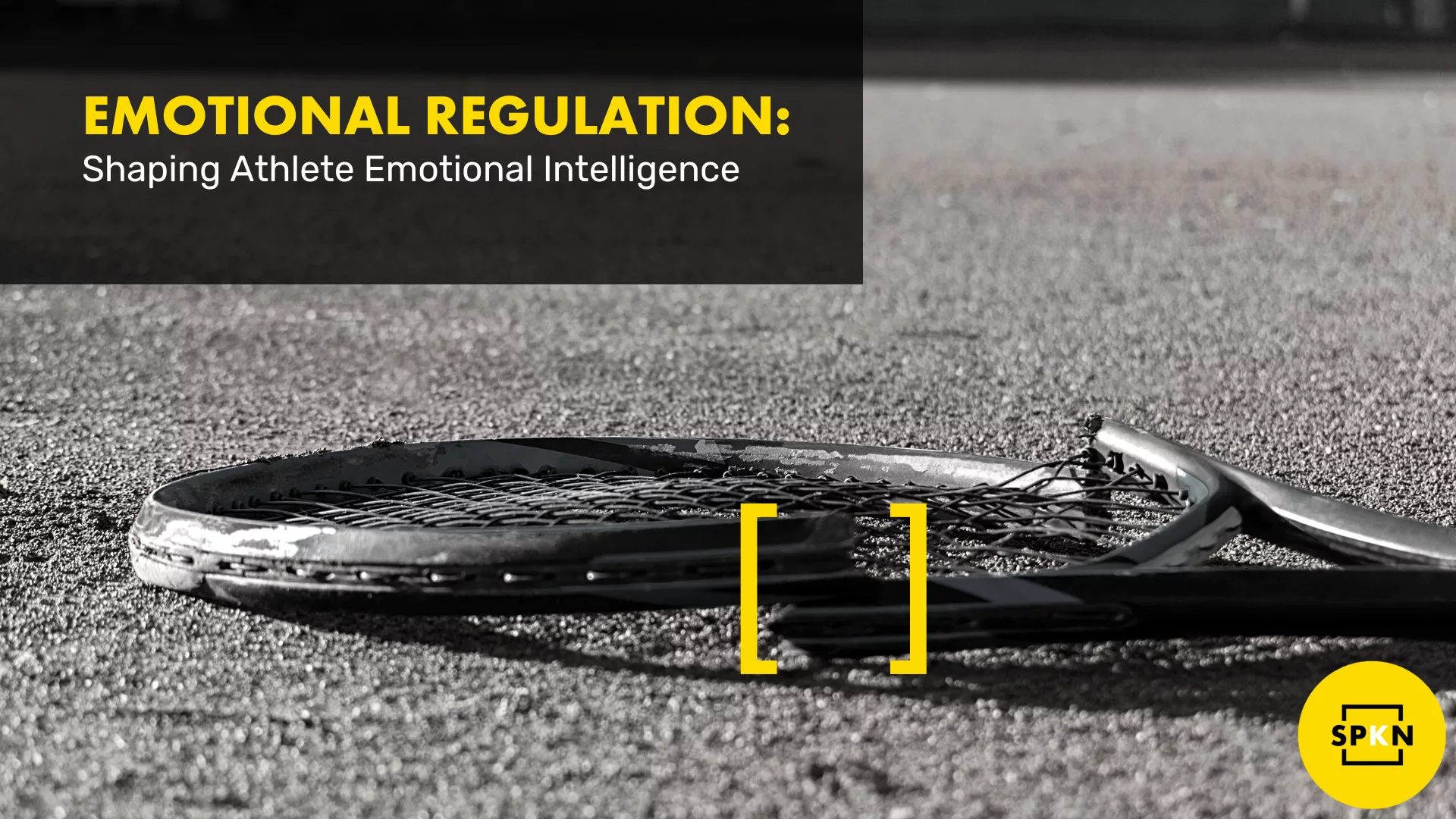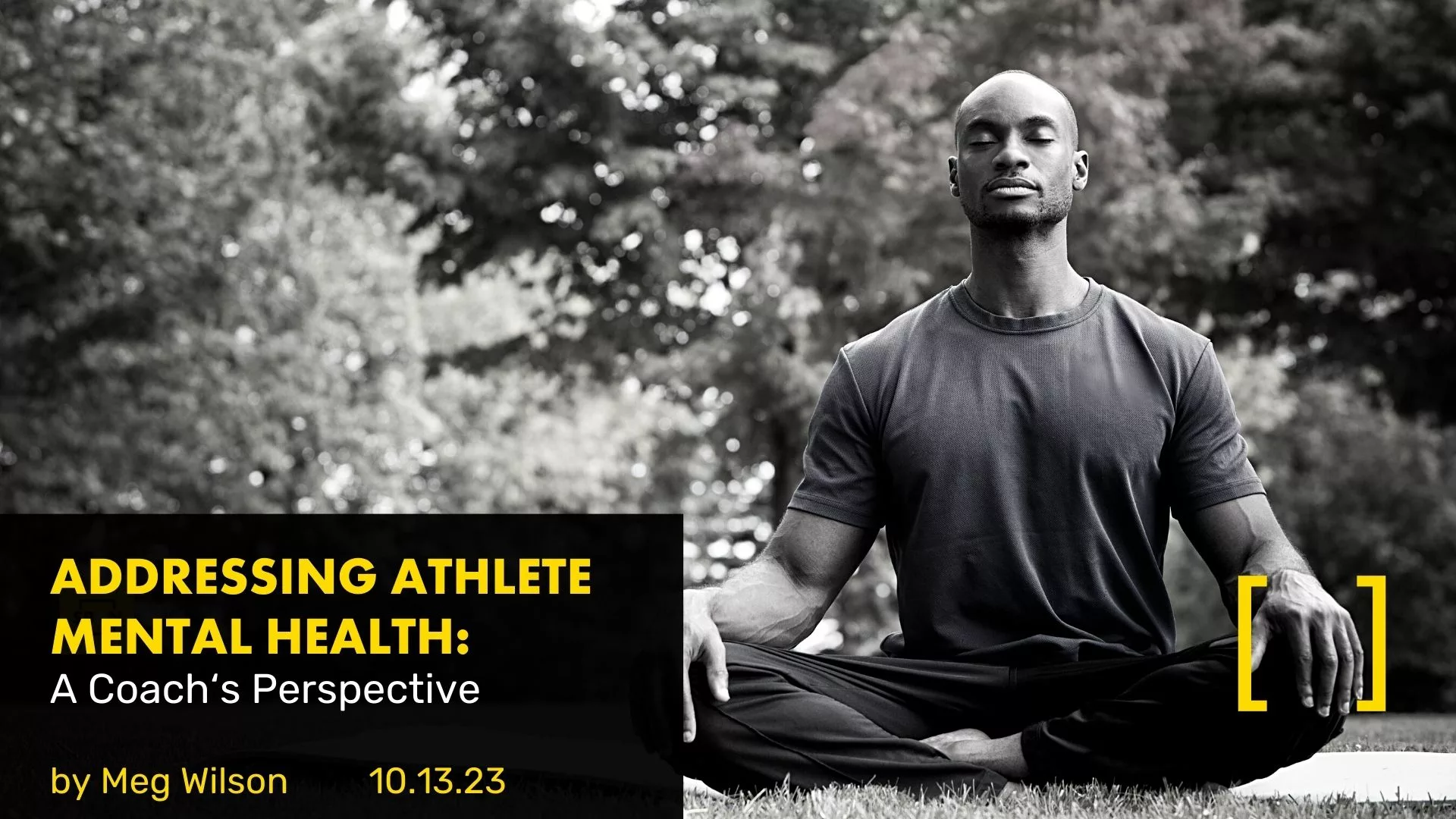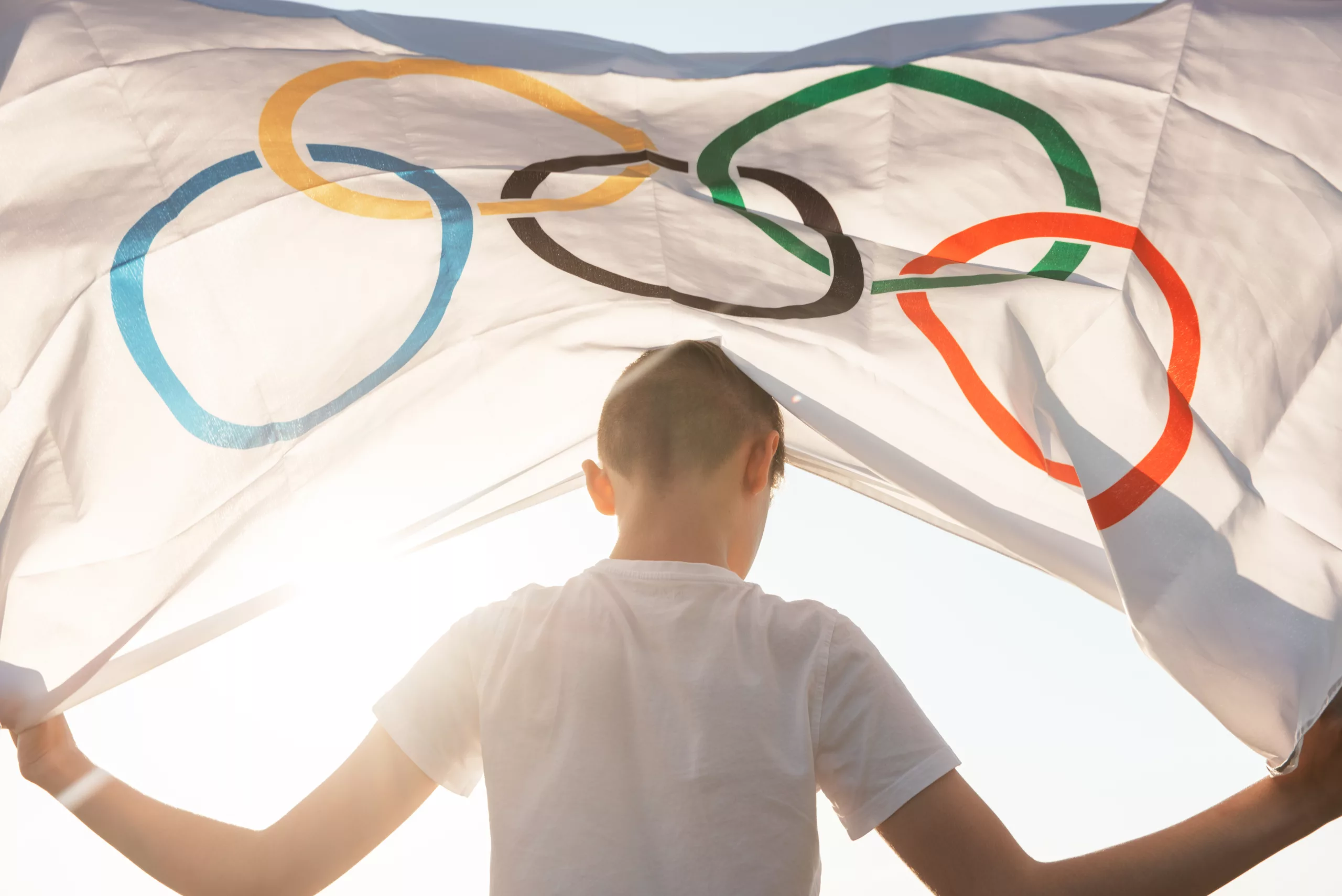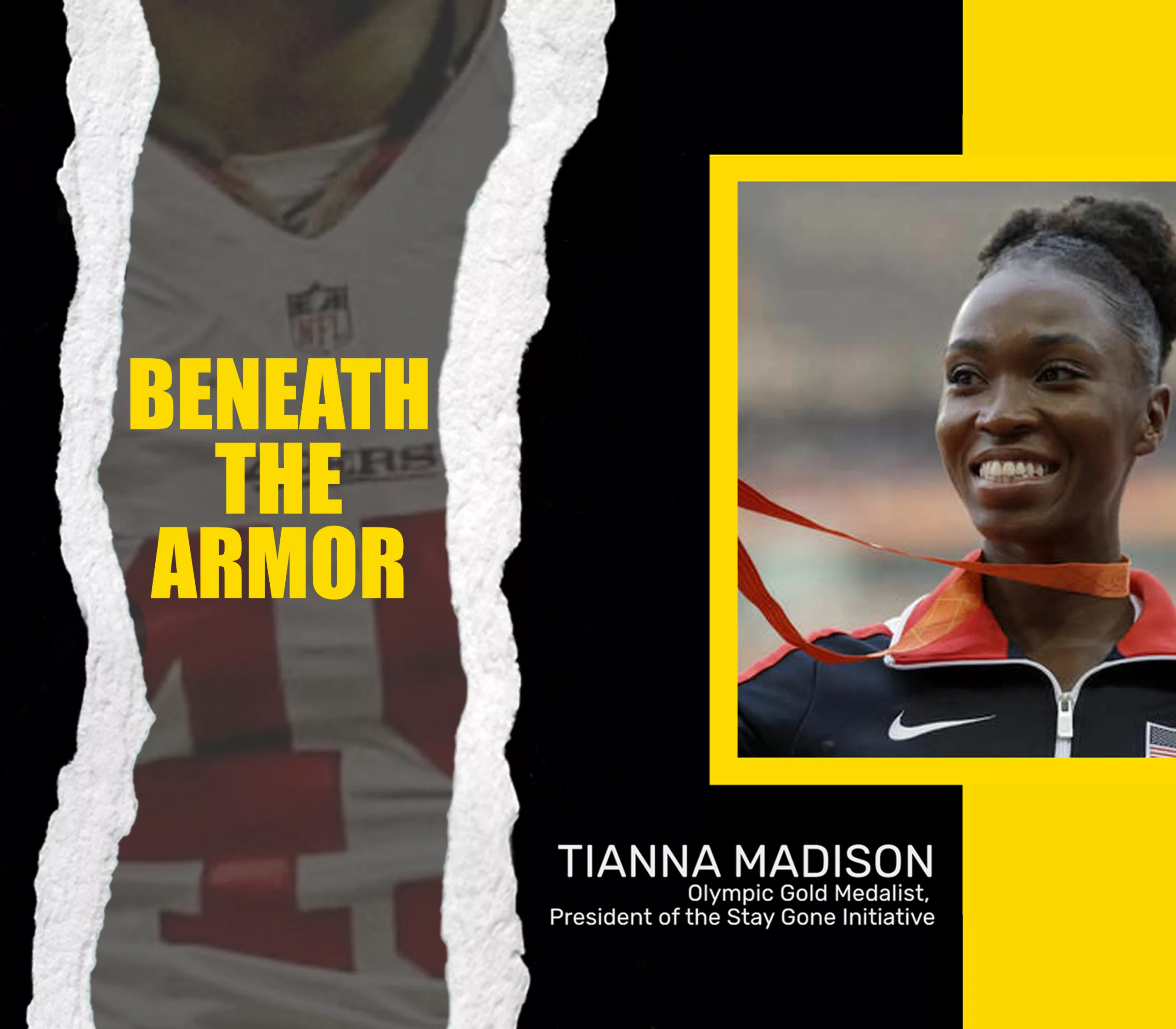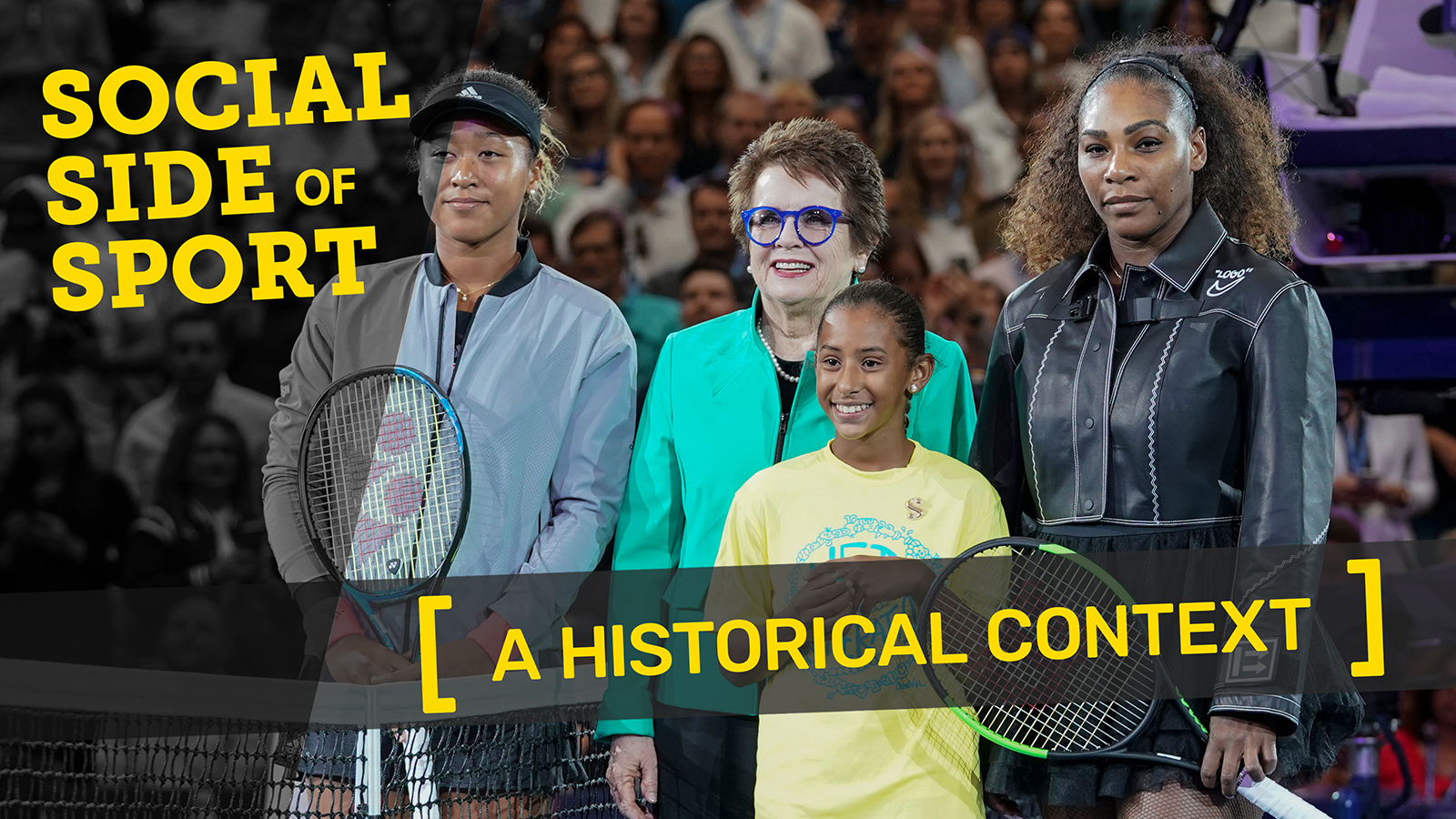Sport Leaders are not just facilitators of skill, but vital role models and mentors shaping young lives. As we navigate the new challenges of ensuring inclusivity, promoting physical literacy, and balancing the pressures of competitive success, it becomes clear that the crux of positive change lies in equipping sport leaders with the knowledge and skills necessary to foster environments where children can thrive, both in sports and in life. This is not just about enhancing athletic performance; it’s about nurturing well-rounded, confident, and happy individuals. This month, we will be exploring Performance anxiety and its effect on athlete performance and overall well being.
Differentiating Between Competitive Nerves and Anxiety Disorders
As we have already discussed, it’s normal for athletes to experience nerves in the realm of competitive sports. However, this differs significantly from anxiety disorders, which can have a profound impact on an athlete’s performance and well-being. We, as sports leaders, must recognize the distinction: while competitive nerves are a natural response to the anticipation of a performance, anxiety disorders are more intense, persistent, and often debilitating.
Recognizing Signs of Anxiety in Athletes
As coaches, we need to be vigilant in recognizing the signs of anxiety in our athletes. These may include excessive worry about performance, difficulty concentrating, muscle tension, and changes in sleep patterns. An athlete grappling with anxiety might avoid certain situations, like training sessions or competitions, which can significantly impede their progress.
Understanding Causes and Triggers of Sports-Related Anxiety
✅ Several factors contribute to sports-related anxiety.
✅ Fear of failure
✅ Exceedingly high expectations
✅ Past traumatic experiences
✅ Personal life stressors
All these can trigger anxiety in athletes. Understanding these triggers is crucial for us to provide the appropriate support to our athletes.
Impact of Anxiety
Performance anxiety can severely impact an athlete’s performance through decreased concentration, impaired decision-making, and reduced physical coordination. In the long term, this anxiety can contribute to burnout and a decrease in the enjoyment of the sport and overall well-being.
Dealing with Performance Anxiety: Strategies for Coaches
✅ Creating a Supportive Environment: Foster an atmosphere where athletes feel safe to express their concerns. This can involve open communication, validating their feelings, and ensuring that the focus isn’t solely on winning.
✅ Encouraging Mental Skill Development: Techniques like deep breathing, visualization, and mindfulness can be incredibly effective. These practices help athletes manage their nervous energy and focus their minds on the task at hand.
✅ Setting Realistic Goals: It’s essential to set achievable goals with athletes. This approach helps in reducing the pressure and allows them to focus on incremental progress rather than an all-or-nothing outcome.
✅ Fostering a Growth Mindset: Encourage athletes to view challenges as opportunities for learning and growth. This perspective can help reduce the fear of failure and promote a healthier approach to competition.
✅ Individual Approach: Every athlete is different, and what works for one may not work for another. Personalizing strategies to fit each athlete’s unique needs is crucial.
As coaches, we play a pivotal role in identifying and mitigating performance anxiety in our athletes. It’s about striking a balance between pushing them to achieve their best and ensuring they maintain a healthy relationship with their sport.
🦉 Always keep learning, growing, & pushing the boundaries of what is possible. Stay Curious and Inspired! 🦉
➡️ For more insights on this and other topics, visit our website www.SPKNmedia.org. Don’t miss future issues of the SPKN Knowledge Nugget – SUBSCRIBE TODAY.
RESOURCES:
- Hanton, S., Neil, R., & Mellalieu, S. D. (2008). Recent developments in competitive anxiety direction and competition stress research. International Review of Sport and Exercise Psychology, 1(1), 45-57. DOI: 10.1080/17509840701827433
- Woodman, T., & Hardy, L. (2003). The relative impact of cognitive anxiety and self-confidence upon sport performance: A meta-analysis. Journal of Sports Sciences, 21(6), 443-457. DOI: 10.1080/0264041031000101809
- Johnson, A. M., & Flett, G. L. (2013). Perfectionism, performance, and the fear of failure in athletes. Journal of Sport & Exercise Psychology, 35(2), 201-212. DOI: 10.1123/jsep.35.2.201
Please note: This article is intended for informational purposes only and should not replace the advice of a mental health professional. If you suspect an athlete is dealing with high levels of stress or a mental health issue, seek professional help immediately.


